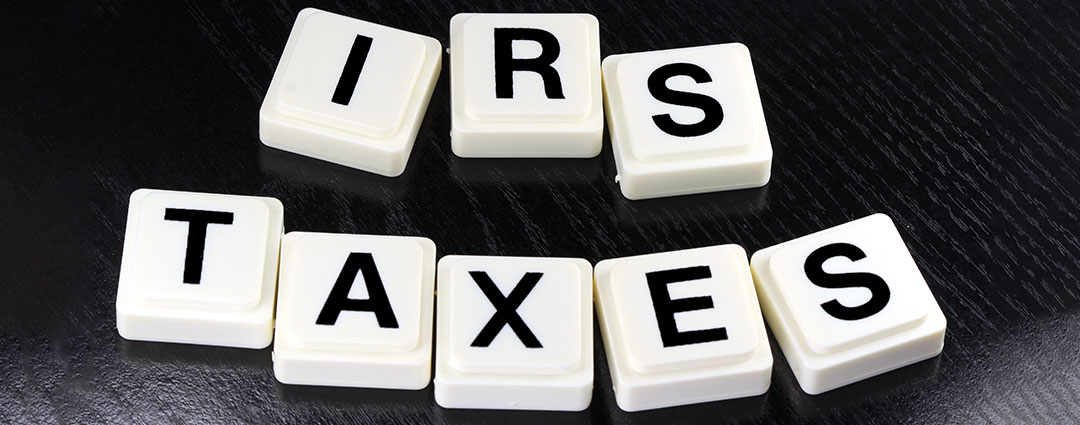In this article, you can discover…
- What “Currently Not Collectable” means in relation to the IRS.
- How long can you remain in “Currently Not Collectible” status.
- How a tax attorney can help you apply for “Currently Not Collectible” status.
What Does Currently Not Collectible (CNC) Status Mean For Taxpayers Dealing With The IRS?
When you owe taxes and can show the IRS that you’re unable to make any payments on those back taxes, it’s possible to establish that you’re in a hardship status or “Currently Not Collectible”.
To acquire this status, you must demonstrate that you have no monthly disposable income after your necessary living expenses (such as housing, medical, food, and utility bills) are paid for.
Who Qualifies For IRS CNC Status?
To qualify for CNS status in any state, you need to conduct a complete financial analysis of your monthly income and necessary living expenses. The IRS uses a form called 433-A to establish your net disposable income, requiring you to disclose all monthly income, expenses and assets before you can receive CNC status.
The IRS doesn’t allow for any and all expenses and places dollar limits on specific expense categories, such as monthly car loan payments. Your attorney will have to work within those guidelines to ideally help you obtain CNC status.
How Long Can I Remain In IRS Currently Not Collectible Status?
You can stay in CNC status for as long as you meet the requirements and qualifications, but the IRS does have the authority to review your finances to determine if your circumstances have changed in a way that allow you to begin making payments on your tax balance. If you remain in CNC status, the IRS could eventually be prevented from further collections based on a 10-year statute of limitations.
If this 10-year limit passes, those tax debts are written off, except in rare cases where the IRS finds a way to extend their collection window. As long as you meet the financial hardship requirements to stay in CNC status, the IRS will not require any payments on the tax balances.
How Can A Tax Attorney Help Me Apply For CNC Status With The IRS?
Your attorney will help you complete Form 433-A and determine if you qualify for CNC status. If you qualify, your tax attorney will negotiate with the IRS on your behalf to help you achieve that status.
Advice To Clients: Maintaining CNC Status Once You’ve Been Approved
While the IRS could review your financial information at any time, the usual timeframe for review is every two years. If they notice an increase in income or an improvement in your finances, they will send you a notice requiring you to update your financial information for review.
If you receive such a notice, you cannot ignore it. You will have to update your financial information or the IRS may resume collections against you.
Once you have CNC status, it is very important to file your tax returns and pay anything that is due by the April 15th deadline each year, as one of the requirements of maintaining CNC status is that you will not incur additional tax debt afterward. If you don’t stay current on your taxes, the IRS will revoke your CNC status, leaving you open to enforced collection action by the IRS.
Still Have Questions? Ready To Get Started?
For more information on Currently Not Collectible status in the Carolinas, an initial consultation is your next best step. Get the information and legal answers you are seeking by calling (803) 771-9800 and (980) 677-1099 today.







